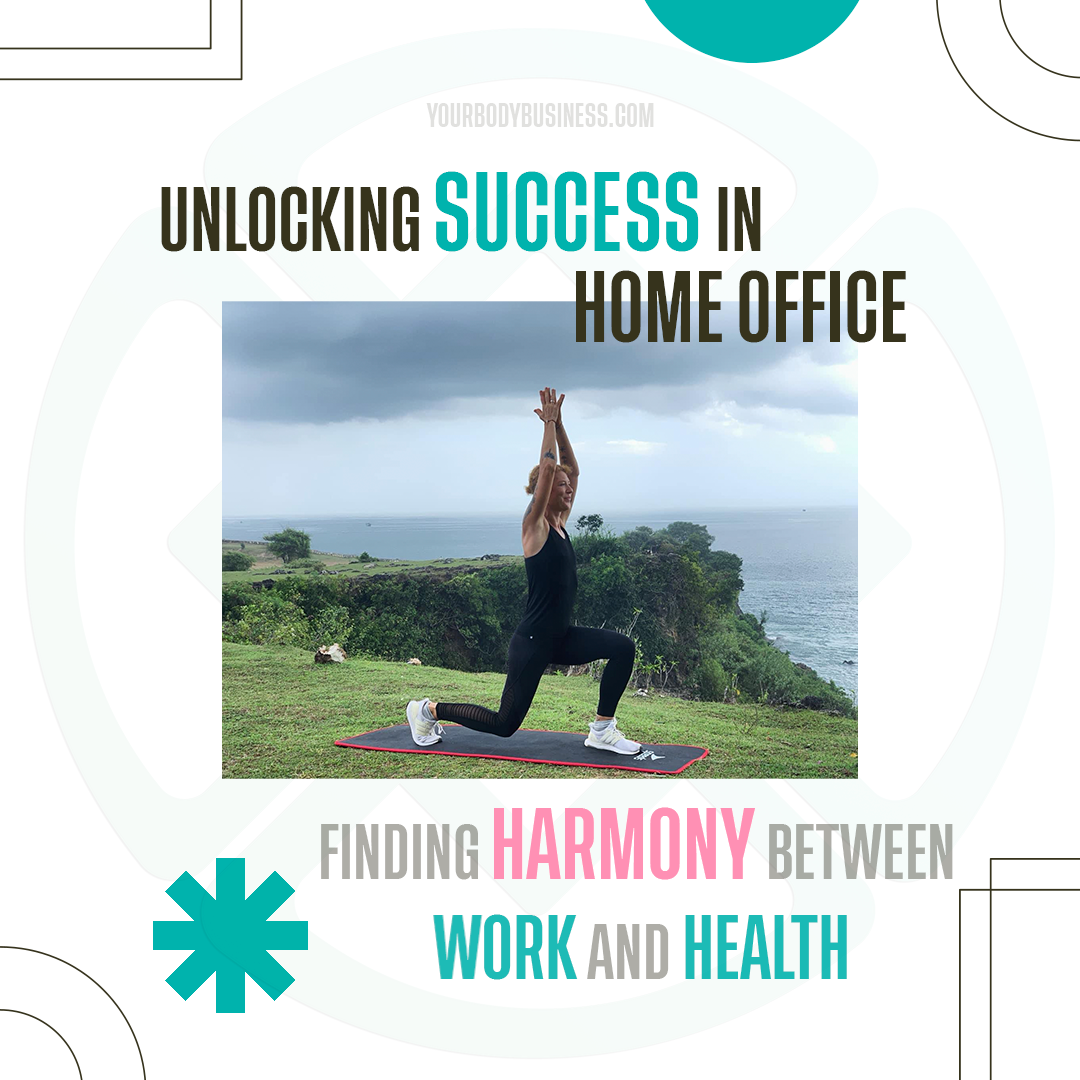

2024.03.29
After the pandemic, many people worked in their home offices, which became the norm. But whereas previously we traveled to and from work, adhered to schedules, took smoke breaks, and had lunch breaks, remote work isn't as 'disciplined.' I woke up, made coffee, sat down at the computer, and got to work. Eight hours (or even more) in front of the monitor, with breakfast and lunch (if not virtually :)...
On the one hand, 'home, sweet home,' your own workplace, your own rhythm.
BUT
On the other hand... I see two main problems that remote workers should consider.
I. IRREGULAR SCHEDULE
➕ We certainly have more time to work, especially if we start earlier or work late into the night. Working at night in silence can enhance concentration and productivity.
➖ However, prolonged work drains more energy, which must be replenished. Just like with 'overtraining,' failure to balance work with rest leads to 'burnout' - a decline in energy and motivation. Sacrificing sleep by waking up earlier or not getting enough rest also stresses the body, resulting in fatigue, reduced concentration, and impaired memory. Moreover, nighttime work disrupts daily routines and may worsen vision. Working through weekends without breaks isn't ideal either, leading to stress and distress.
By working instead of resting, we borrow strength from ourselves at a high interest rate. If we recover through 'quality' rest, we're fine. But accumulating excessive fatigue leads to losing interest in work.
IT’S ESSENTIAL TO PRIORITIZE GOOD SLEEP
Because good sleep is a foundation of health, which maximizes strength restoration. Put away all gadgets at least half an hour before bedtime to improve sleep quality. Besides sleep, a balanced diet, varied rest, hobbies, and regular exercise help restore strength.
II.SEDENTARY LIFESTYLE
➕ Comfort and no need to commute.
➖ Sedentary work, especially without ergonomic setups, leads to poor posture—narrowed hips, curved spine, and forward head posture (computer neck syndrome). Prolonged sitting raises the risk of chronic health problems, including joint, back, neck, and shoulder issues.
TO COUNTERACT THIS
Take short breaks every hour for 5-10 minutes to stretch and move. Incorporate a 20-30 minute workout into your daily schedule before or after work. This doesn't require going to the gym; you can walk briskly, run, cycle, or exercise at home.
Moreover, sitting indoors all day deprives the body of natural light and air. Hence, outdoor exercise is essential for mental and physical well-being. The fresh air, nature's colors, bird chirping, wind rustle, and water splashes soothe the body and soul, while sunlight energizes.
Addressing these factors fosters mental health and prevents pitfalls in remote work. While numerous, focusing on one improvement at a time makes the mission feasible.
Problems exist, but they're solvable—essential for the body's healthy functioning.
Read more: